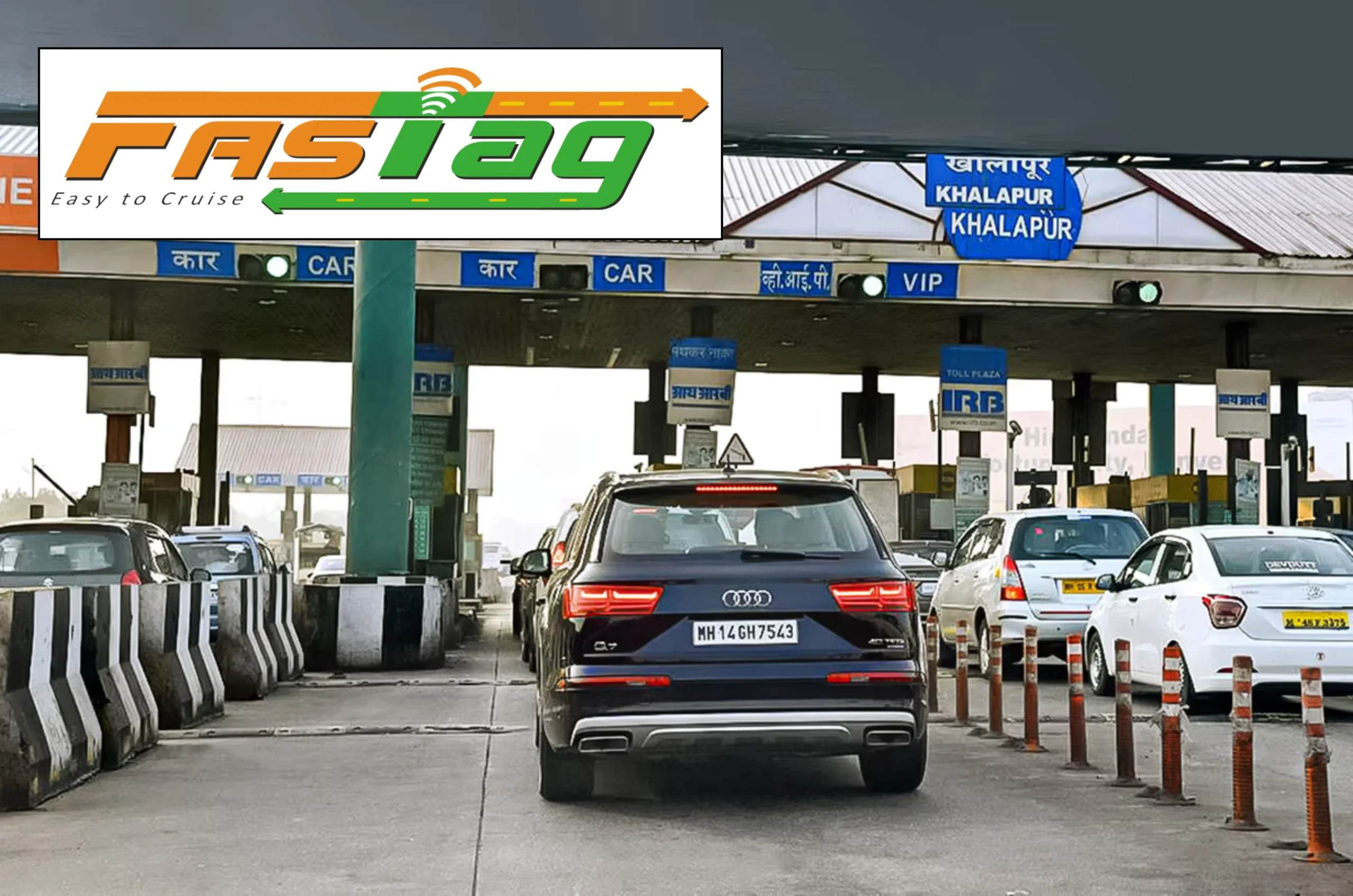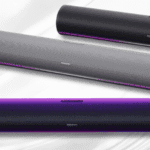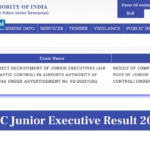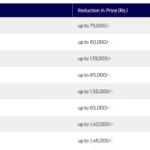Starting August 14, 2025, just ahead of Independence Day celebrations, the National Highways Authority of India (NHAI) has opened pre-bookings for its much-awaited FASTag Annual Toll Pass. Priced at ₹3,000, this initiative promises a smoother, faster, and more economical travel experience for frequent users of national highways and expressways.
The pass is designed for private, non-commercial vehicles and allows up to 200 toll crossings or one year of unlimited access—whichever comes first. Once either limit is reached, the system automatically switches back to regular FASTag toll deductions. This move marks a significant shift in how toll payments will be managed across India’s rapidly expanding road network.
Why This Pass is a Big Deal
1. Massive Cost Savings
For frequent commuters, especially those traveling long distances daily or weekly, toll costs can add up to a substantial figure over the course of a year. With this pass, the average cost per toll crossing drops to around ₹15, compared to the typical ₹50–₹80 per crossing. That’s a potential 70–80% saving on toll expenses.
Example:
If a commuter usually pays ₹50 per crossing, 200 trips would cost ₹10,000 annually. The pass caps that expense at ₹3,000—a direct saving of ₹7,000.
2. Convenience Without Constant Top-Ups
Under the regular FASTag system, users often need to keep a close eye on their balance to avoid delays at toll plazas. This pass removes that hassle entirely. The ₹3,000 payment is made once at the start of the year, and the pass runs until you hit either the 200-trip limit or the one-year mark.
The integration is seamless—no need for a new FASTag tag or special hardware. Once activated, it works with your existing tag and vehicle details.
3. Reduced Congestion and Faster Lanes
Because there will be fewer individual transactions to process, queues at toll plazas could shorten, especially during peak travel times and holiday weekends. This also improves traffic flow, reduces vehicle idling time, and cuts down fuel wastage—benefiting both drivers and the environment.
Who Will Benefit the Most
This annual toll pass is tailor-made for:
- Daily or weekly commuters traveling between cities for work
- Frequent family travelers who often use expressways for leisure trips
- Intercity professionals like consultants, doctors, or service providers
- Students and families with regular outstation travel requirements
It is not available for commercial vehicles such as trucks, buses, or taxis. Each pass is linked to a single FASTag and vehicle registration number, meaning it’s non-transferable and cannot be shared.
How to Pre-Book the Annual Toll Pass
Available Platforms
- Rajmarg Yatra app (currently available only for Android; iOS support coming soon)
- NHAI’s official website – Bookings via the portal start August 15, 2025
Pre-Booking Process
- Check FASTag Status
- Ensure your FASTag is active, properly linked to your vehicle registration number (VRN), and not just to the chassis number.
- Confirm it is not blacklisted due to low balance or other issues.
- Log in to the App or Portal
- Enter your vehicle details and FASTag ID.
- Make the Payment
- Pay ₹3,000 through any supported digital method (UPI, net banking, debit/credit card).
- Verification and Activation
- Your details will be verified by the NHAI system.
- Once approved, an SMS confirmation will be sent.
- Activation Timeline
- In most cases, activation is completed within two hours of payment.
How the Pass Works in Real Life
- Validity Period: One year or 200 toll trips, whichever comes first
- Trip Counting Method:
- Point-Based Toll Plazas: Each crossing counts as one trip (a return journey counts as two trips).
- Closed Toll Systems: The entry-to-exit stretch counts as one trip.
After your pass expires—either by date or by crossing limit—your FASTag automatically reverts to standard pay-per-crossing deductions. Renewal is manual; there is no auto-renewal feature.
Checklist Before Applying
- FASTag must be linked to VRN, not chassis number
- FASTag must be active and funded (even though the pass covers tolls, the tag needs to be in good standing)
- Complete e-KYC requirements as part of activation
- The pass is non-transferable—using it on another vehicle will cause immediate cancellation
Cost Analysis: Is It Worth It?
Let’s break down the numbers:
Scenario 1:
- Average toll = ₹50
- Trips/year = 150
- Total cost without pass = ₹7,500
- Cost with pass = ₹3,000
- Saving = ₹4,500
Scenario 2:
- Average toll = ₹70
- Trips/year = 200
- Total cost without pass = ₹14,000
- Cost with pass = ₹3,000
- Saving = ₹11,000
Clearly, the more you travel, the greater your savings. Even moderate highway users could see a meaningful reduction in annual travel costs.
Why the Launch Timing is Important
Rolling out this scheme right before India’s 79th Independence Day is both symbolic and strategic. It aligns with the government’s broader goal of promoting digital payments, reducing cash dependency, and modernizing India’s road infrastructure.
The NHAI aims to move towards 100% cashless toll collection, and this annual pass could serve as an accelerator—encouraging more people to adopt and consistently use FASTag.
Possible Limitations to Keep in Mind
- Coverage Limitations
- Valid only at National Highway (NH) and National Expressway (NE) toll plazas.
- State highways, municipal tolls, or private road charges are not included.
- Manual Renewal Required
- After expiry, you must reapply—there’s no automatic extension.
- Strict Eligibility
- Only private vehicles qualify.
- Incorrectly linked FASTags or incomplete KYC will block activation.
- Usage Limits
- Hitting the 200-trip mark before the year ends means the pass stops working for free tolls—normal charges resume immediately.
The Bigger Picture: Road Travel in India’s Future
India’s national highway network is one of the largest in the world, and with ongoing expansions like expressway corridors and improved road connectivity, road travel demand is expected to rise steadily.
By introducing a fixed-cost annual pass, NHAI is:
- Encouraging consistent FASTag adoption
- Reducing administrative overhead at toll plazas
- Making road travel more predictable for consumers in terms of budgeting
- Supporting the government’s push for cashless infrastructure
If widely adopted, this scheme could serve as a blueprint for tiered toll packages, much like public transport passes in metro cities.
Final Verdict
The FASTag Annual Toll Pass is a practical, cost-effective solution for regular highway travelers. At ₹3,000, it offers unmatched value for those who frequently commute long distances. The ease of pre-booking, the integration with existing FASTag systems, and the potential for significant cost savings make it a strong contender for one of the most impactful transport policies of the year.
If you’re someone who spends considerable time on national highways, pre-booking this pass is a smart move—both for your wallet and your travel convenience.










